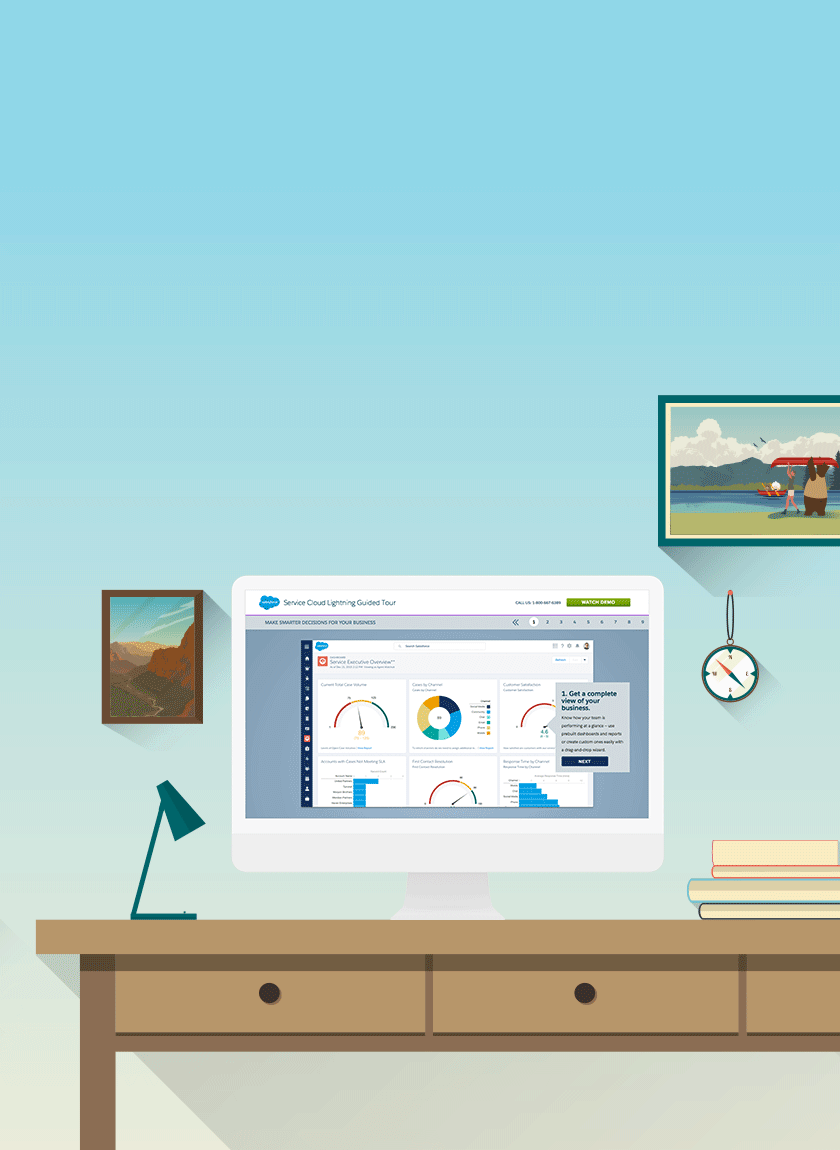
A sales pipeline is a visual representation of the progress of a prospect through stages of your sales process or cycle. It also shows you existing deals and what their values are. The sales pipeline allows the sales reps to forecast the revenue and predict how many deals will close during a given timeframe.
It also plays a key role in closing more deals as well as predicting the overall future of your company.
A Sales Pipeline represents the stages that a prospect goes through to become a customer. It represents the number of prospects making it through those stages. A sales pipeline works in different steps in the sales process - from gaining the lead to closing the sale. The sales pipeline looks internally at the stages that your marketing and sales teams need to move a prospect through, to turn them into your customer.
A sales funnel, on the other hand, looks at the entire customer journey, from brand awareness to making purchases. It is customer-focused and focuses on the stages of the purchase journey of a customer.
When it comes to lead generation, there are various methods of doing it. Usually, you create a user persona of your ideal customers and reach out to the prospects through paid or non-paid campaigns. These leads are then captured in the CRM through the integration process.
Lead qualification is among the crucial steps in the sales pipeline stages. The record of an opportunity is identified with potential customers and created in the CRM, marking the first step towards closing a deal.
During this stage of the sales pipeline, the sales reps contact the leads to enquire about their business requirements and help your team in mapping the services against the prospect’s needs.
Once the lead is convinced with your services after the initial contact, the next step is to schedule a demo in the sales pipeline.
After the lead has expressed its interest in buying your services, you come to the negotiation stage. You can negotiate on the price, services, and more to ensure a profitable sale.
The last stage of the sales pipeline is lead closure. This is where you record the outcome of your deal and mark it - won or lost.
Easily identify the stages where the leads stagnate and work on making the process smoother.
By calculating the total value of deals in your pipeline, you can predict the revenue based on your conversion rates.
Sales pipeline analysis allows you to recognize faults in your sales strategy so that you never lose a potential prospect.
Get insightful reports on the pipeline to make important sales and service-related decisions.
Track the performance of your business in terms of revenue and work on sales strategies to accelerate growth.
Closely track your leads as they progress through the sales cycle with leading sales pipeline management software
Get Started